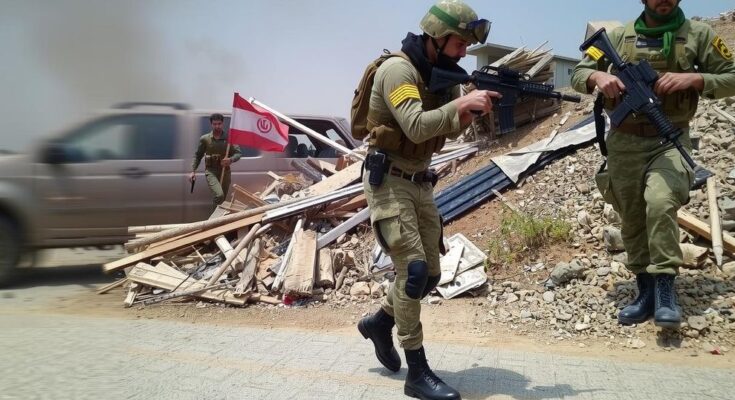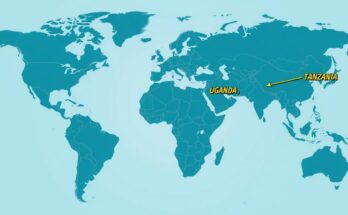The Gaza Strip faces a humanitarian crisis as gang violence disrupts aid convoys, with over 333 humanitarian workers killed since October 2023. International organizations criticize Israeli policies while Israel blames Hamas for diverting aid. The ongoing conflict has rendered humanitarian efforts perilous, raising questions about the responsibilities of occupying forces under international law.
The Gaza Strip is engulfed in a humanitarian catastrophe, exacerbated by rampant gang activity that routinely targets aid convoys meant to alleviate suffering in the territory. Despite international pledges, the flow of essential supplies has been severely disrupted, leading to dire consequences such as cold-related deaths among infants in refugee camps. Various organizations have pointed fingers at Israel for not safeguarding these convoys and for enforcing restrictions on aid deliveries. Ironically, while Israel contends it is combating Hamas, its policies appear detrimental to civilian welfare under international humanitarian law.
Amidst escalating violence, humanitarian workers face unprecedented dangers when delivering aid, with over 333 fatalities reported since the conflict intensified in October 2023. The United Nations has raised alarms, describing the conditions under which aid is delivered as critically perilous, deeming Gaza one of the world’s most dangerous regions for humanitarian operations. The involvement of private security contractors in aid distribution, while theoretically plausible, raises concerns about accountability and further complicates the controversial dynamics of aid delivery in the region.
As Israel blocks UNRWA, the primary aid provider to Gaza, from operating, the dire situation becomes more complicated. Humanitarian law underlines Israel’s obligations as an occupying force to ensure care for civilians; however, denials of responsibility for widespread suffering persist amid accusations of weaponizing hunger. Moreover, looting incidents have surged, with significant amounts of aid stolen, even as Israeli forces are suspected of complicity in such actions, further obstructing humanitarian efforts.
The ongoing conflict in the Gaza Strip has escalated since the Hamas-led attack on Israel on October 7, 2023, which triggered a vigorous Israeli military response. The situation in Gaza has deteriorated with numerous reports of violence against aid convoys, exacerbating an already severe humanitarian crisis. International organizations assert that Israel’s policies directly hinder aid and support, while Israel claims that Hamas diverts assistance for military use. These conflicting narratives are set against a backdrop of international humanitarian law which imposes specific responsibilities on occupying forces to ensure the well-being of civilians during conflicts.
In summary, the Gaza Strip’s humanitarian crisis is deepening, driven by gang violence, Israeli policies restricting aid, and the broader conflict with Hamas. The international community has voiced concerns regarding the safety of humanitarian workers and the delivery of assistance, with increased reports of looting further complicating aid efforts. With rising tensions and legal obligations, the potential for a coordinated humanitarian response becomes increasingly uncertain, raising profound ethical questions regarding the welfare of civilians caught in this conflict.
Original Source: www.arabnews.com




